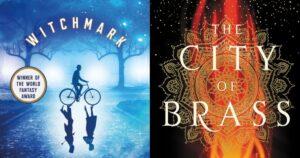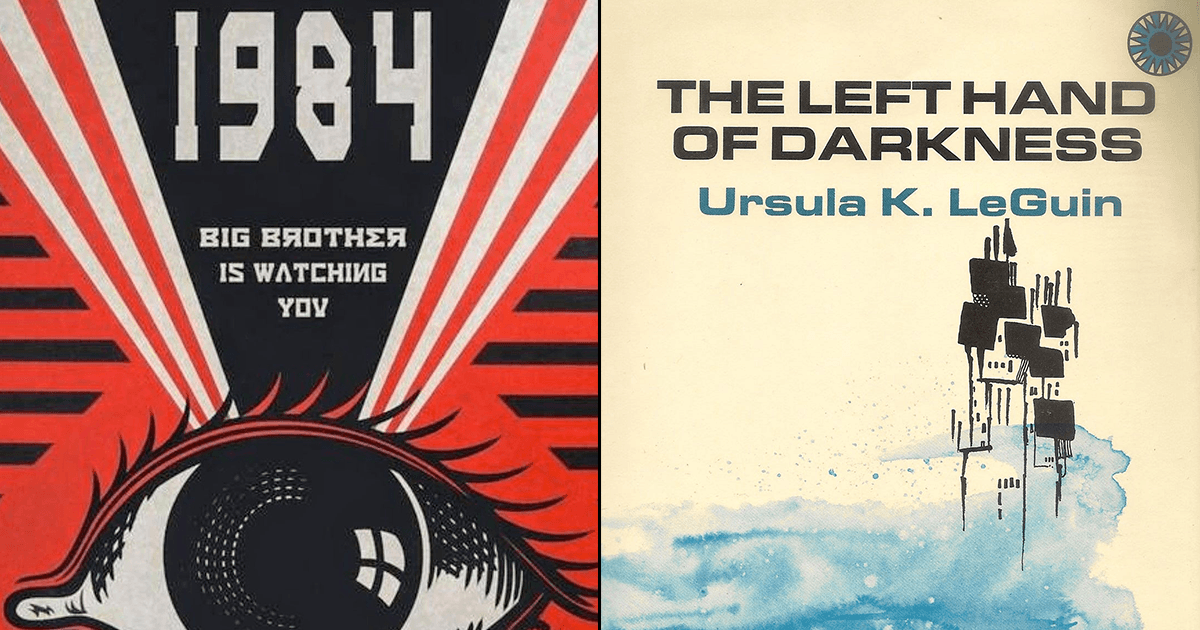Whether it is a philosophical discussion with friends or a new display picture to hint someone about your feelings, we all love quoting famous authors. We relate to their words and admire them but very few make the effort of looking into what these authors went through and how it influenced what they wrote.
It is important to realise that with all their talent and fame, they were, at the end of the day, just humans who dealt with life’s blows just like we all do. Maybe reading about how tough some of them lived will make you appreciate their writing more. Here are some famous authors who actually lived sad lives.
1. Sylvia Plath (1932-1963)
“Is there no way out of the mind?”
She is admired all over the world for her poetry and her book The Bell Jar. Her words stay relevant to all those trying to grapple the harsh realities of depression. However, behind all that beautiful writing is a very sad story. Plath had always suffered from depression but the year of 1962 was to be a little different for her.
She discovered that her husband, Ted Hughes, had been having an affair with a woman named Assia Wevill. The couple separated and Sylvia went on to occupy W. B. Yeats’ previous house along with her two children, aged 2 and 9 months. Her depression had returned but what she also acquired was a sudden burst of creativity based on which she wrote her poems published in Ariel.
However, her attempts at taking her own life did not cease even with prescribed anti-depressants and a full-time nurse. On February 11, 1963, the nurse found Plath dead of carbon monoxide poisoning with her head in an oven, having sealed the rooms between her and her sleeping children with wet towels and cloths. At approximately 4:30 AM, Plath had placed her head in the oven, with the gas turned on. She was 30-years-old.
Strangely, her son also committed suicide. He hanged himself in his home in Alaska. According to his sister, he had been depressed too.
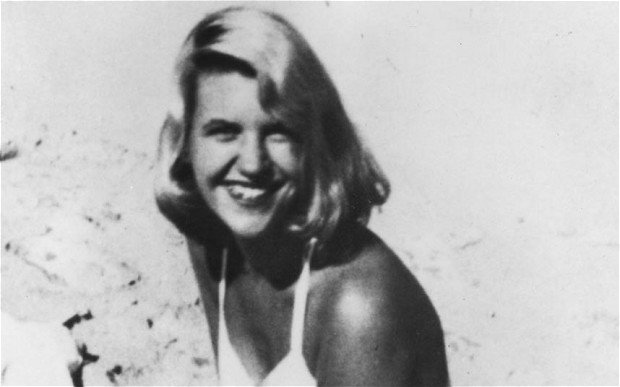
2. Ted Hughes (1930-1998)
“He was his own leftover, the spat-out scrag. He was what his brain could make nothing of.”
Hughes was a poet, playwright and writer. His literary work got him fame and he served as Poet Laureate from 1984 until his death. However, his relationship with Sylvia Plath brought him under much criticism. In fact, Plath’s own grave has been vandalised time and again to remove ‘Hughes’ from her tombstone. Her suicide followed him around like a shadow for the rest of his life.
A ramification of Sylvia’s suicide came up a couple of years after her death. The poet started living with his girlfriend Assia Wevill. She cared for his children and was reportedly haunted by Plath’s memory; she even began using things that had once belonged to Plath.
The couple went on to have a daughter together. But Assia eclipsed by the figure of Plath and Hughes’ affairs only made things worse. Wevill gassed herself and four-year-old Shura in their London home in 1969. Her suicide came as another blow to Hughes. While his literary fame rose, his emotional troubles always remained, with people blaming him for Sylvia’s death.
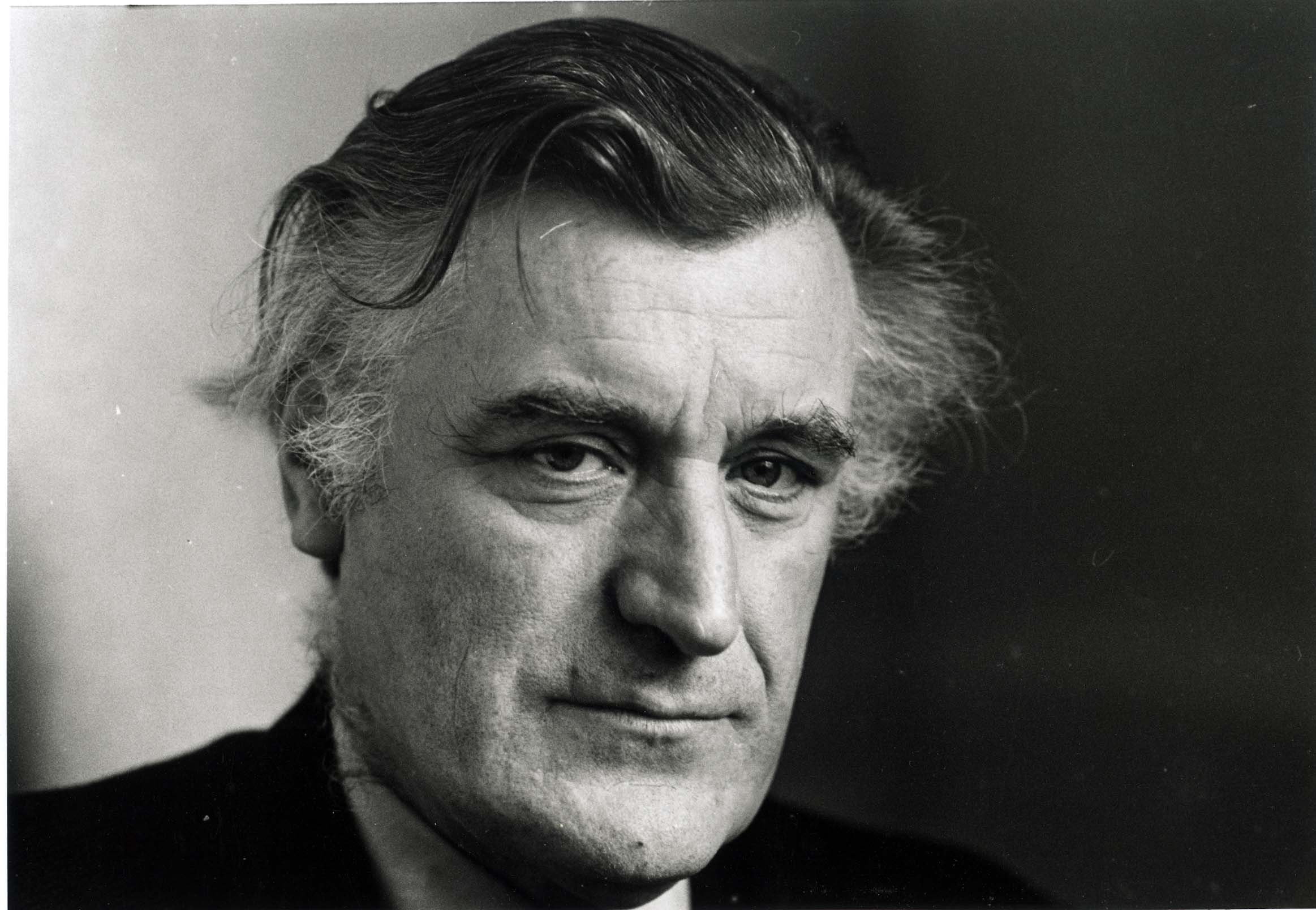
3. F. Scott Fitzgerald (1896-1940)
“The loneliest moment in someone’s life is when they are watching their whole world fall apart, and all they can do is stare blankly.”
From The Great Gatsby to Tender Is The Night, quotes by the author are recited by many when talking about matters of love and aspiration. His words live on today but when he was alive, his novels weren’t received too well. The next time you go buy a copy of The Great Gatsby, remember that the author would often take petty work like repairing car roofs to foot his bills.
He married Zelda in 1920 and by the 1930s, she had developed schizophrenia. After the initial success of his first novel, This Side of Paradise, the author and his wife took on a lifestyle that was hard to pay for once the success faded. Add to this the cost of Zelda’s medication.
Although Fitzgerald’s passion lay in writing novels, his financial troubles pushed him to work in Hollywood, a place that he considered degrading. Sounds a lot like being stuck in a job you hate, doesn’t it? Now, you can only imagine his frustration. Zelda, too, became increasingly violent and emotionally distressed, and in 1936, Fitzgerald had her placed in a hospital for treatment and care.
He became a raging alcoholic and had two heart attacks in the 1930s. He still did not give up on alcohol and died of his third and final heart attack in 1940.
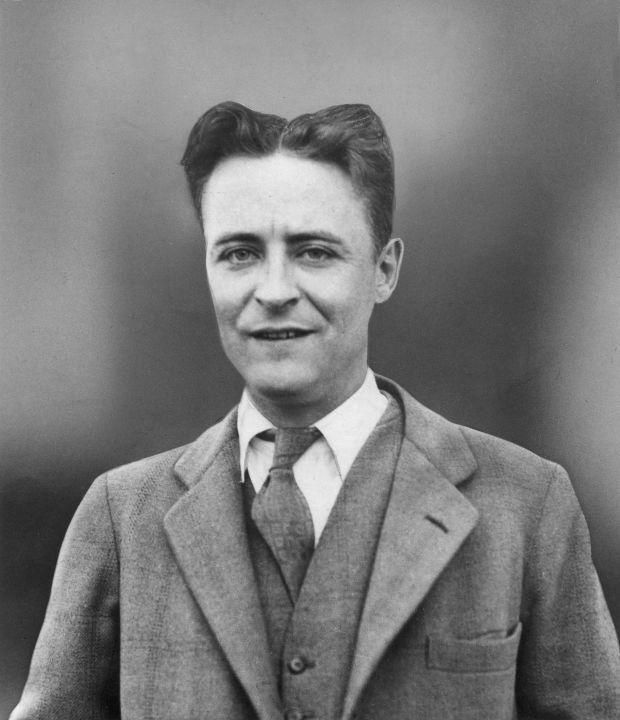
4. Virginia Woolf (1882-1941)
“You cannot find peace by avoiding life.”
One of the women who, through her writings, paved way for generations of women to come was actually consumed by depression. Few believe that it all started after her father’s death. Young Virginia and her sister Vanessa went through sexual abuse at the hands of half-brothers George and Gerald Duckworth.
Virginia started writing young and joined the literary circle called Bloomsbury Group where she met her husband. But the sadness and the voices kept coming back to her. She even spent time at a facility for ‘Women with nervous disorders.’ In 1941, Woolf drowned herself by filling her overcoat pockets with stones and walking into the River Ouse near her home.
In her suicide note, she addressed her husband and said, ‘Dearest, I feel certain that I am going mad again. I feel we can’t go through another of those terrible times.’
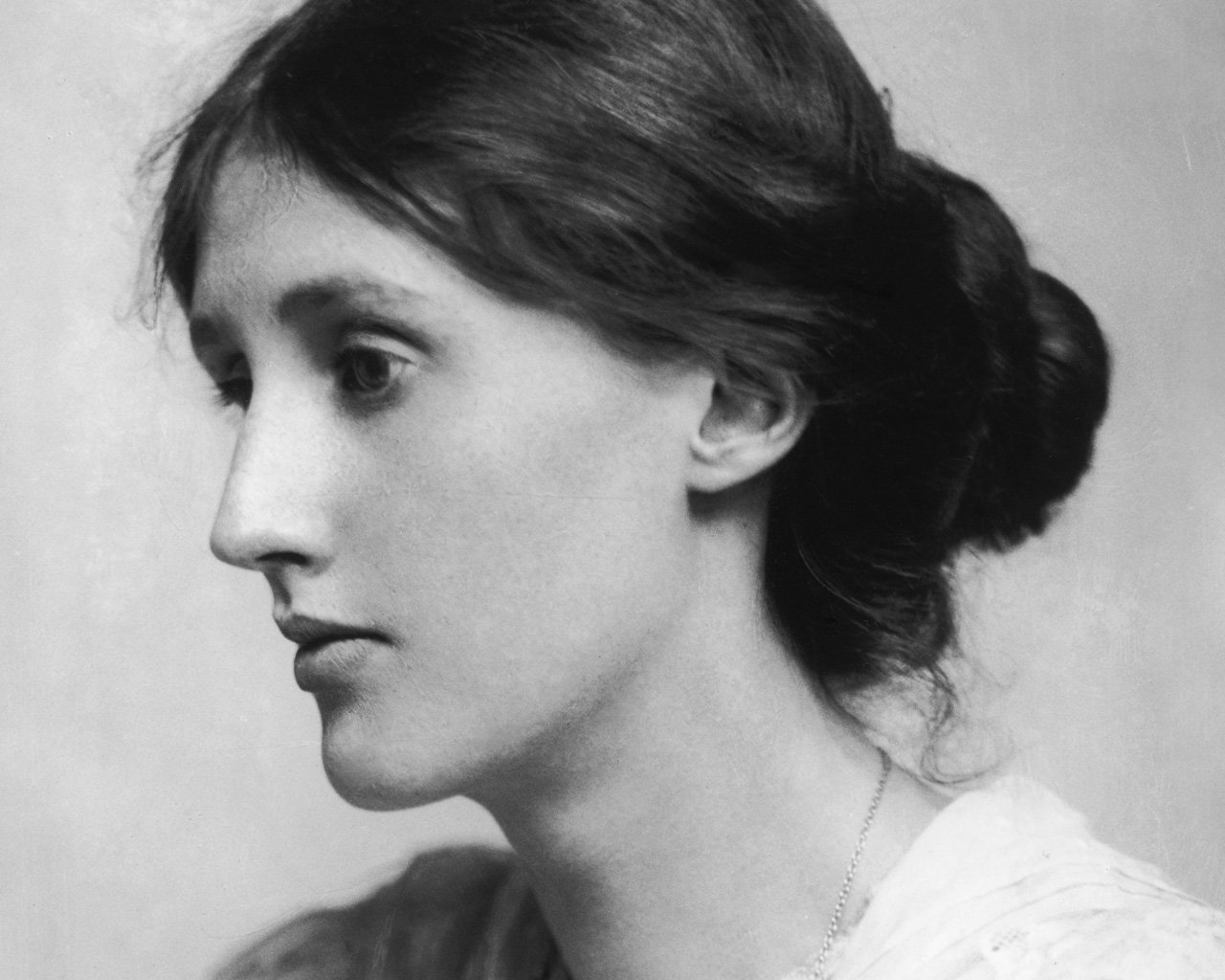
5. Oscar Wilde (1854-1900)
“To live is the rarest thing in the world. Most people exist, that is all.”
The author is known as much for his art, culture and rich taste as he is for being homosexual in a day and age when homosexuals were persecuted. Wilde’s success as an author also could not save his reputation once the allegation came up. He, too, was married to Constance Lloyd and had children with her but one can never betray their own sexuality.
Oscar took in male lovers, showering them with gifts. At a point of time, he is believed to have indulged in homosexual prostitutes as well. His sexuality didn’t just remain a matter of speculation when it was taken to court. He was convicted of gross indecency and sent to prison where the author spent 2 years.
Outside of the prison, the author’s image was tarnished and inside the prison, his health took a turn for the worse. He got out of jail in 1897 and 3 years later, died of meningitis.
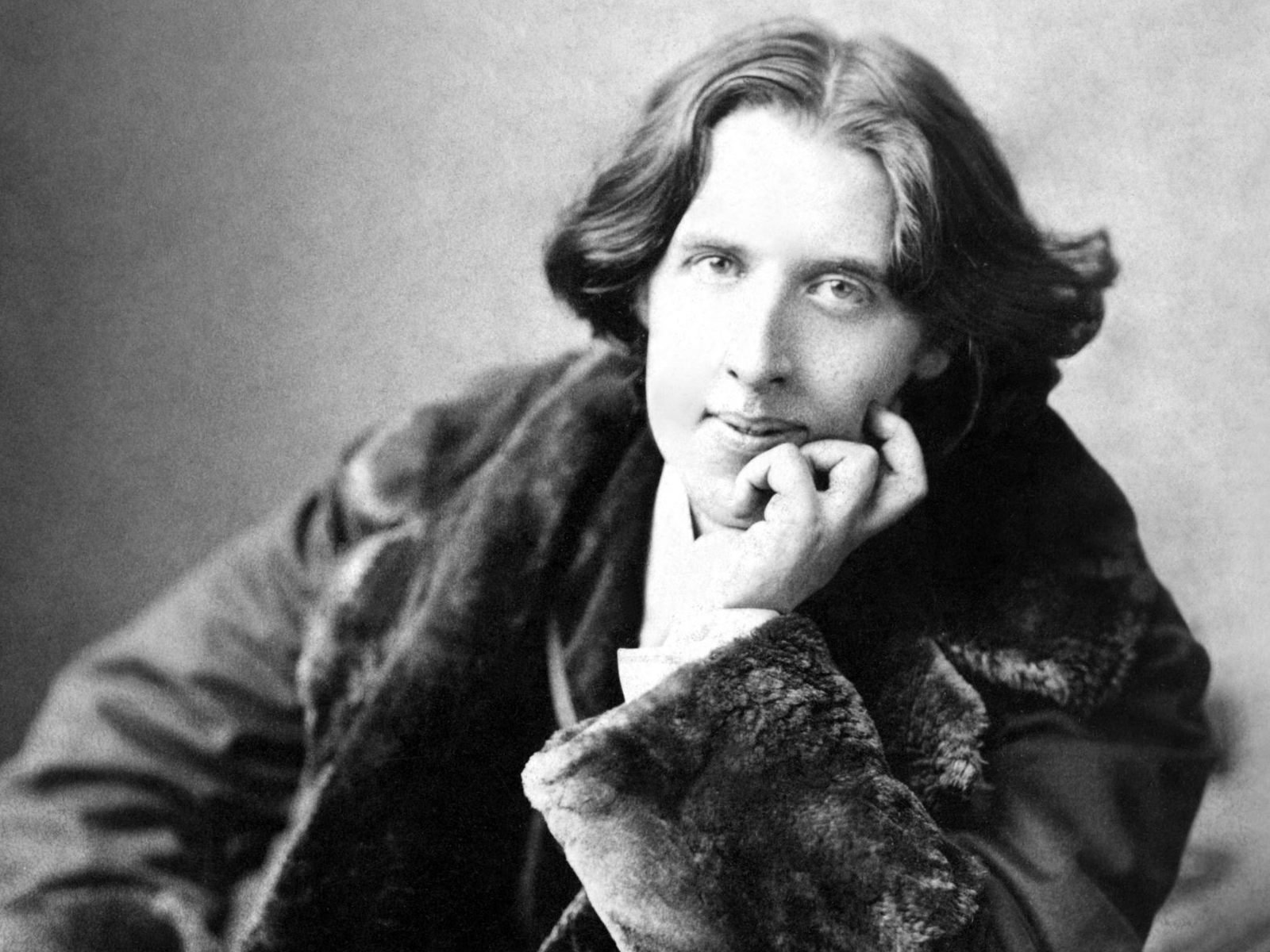
6. Charles Dickens (1812-1870)
“I have been bent and broken, but – I hope – into a better shape.”
The author used his talent and hard work to earn all the fame and reputation. His works are labelled as Classics and it’s hard to find a person who hasn’t read something by Charles Dickens today. However, the man had to earn everything from money to success on his own.
His early years were rather tough due to financial issues. His father and mother, along with their youngest children, had to go to prison due to excessive debt. He was the second out of eight kids, which meant that he didn’t have to accompany his family to jail. But this meant that Dickens went from one house to another and he was forced to leave school and work ten-hours everyday to pay for his board and help his family.
The hard working conditions made a lasting impact on Dickens, something that can be seen in his writing. He later wrote that he wondered, “How I could have been so easily cast away at such an age”. However, one can’t deny that he used his struggle to bring issues of the working class to the forefront through his work.
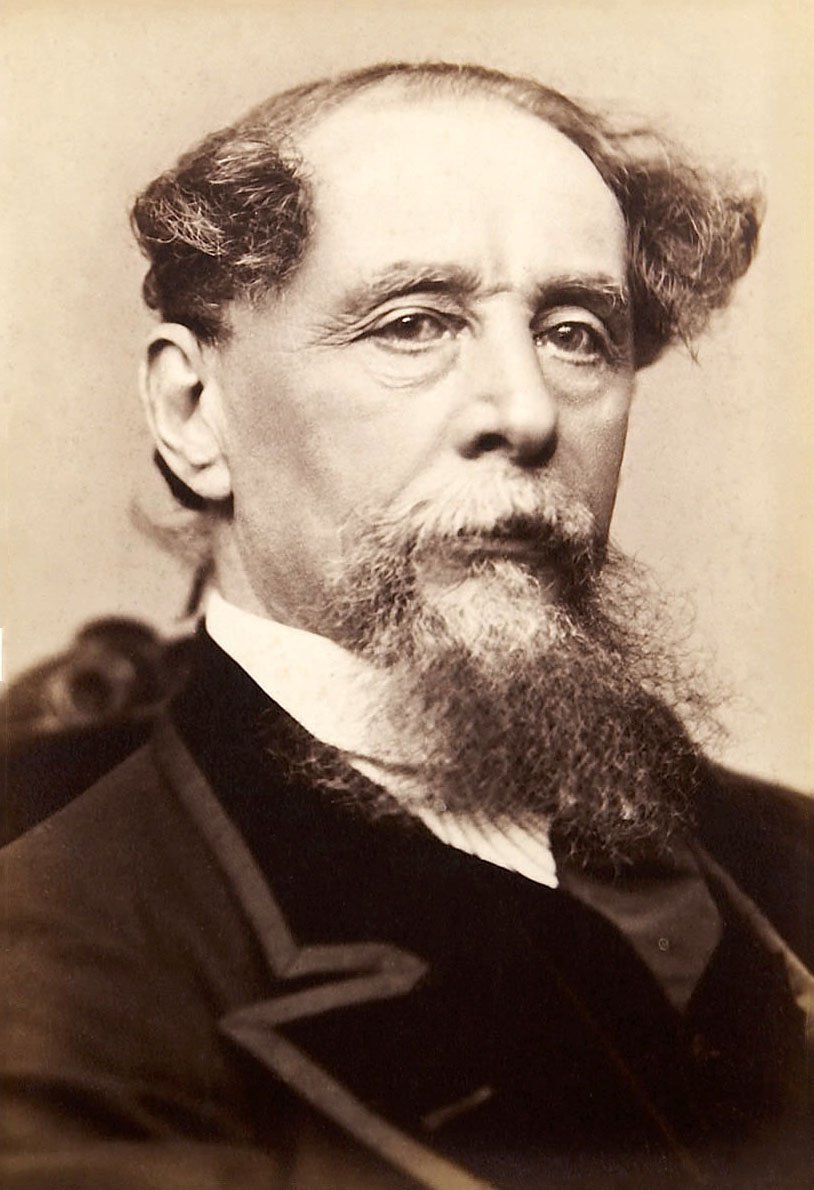
7. Franz Kafka (1883-1924)
“I am free and that is why I am lost.”
These days, we find Kafka being a part of various profound quotes on Facebook pages on art and literature. A lot of people also use his words when describing their philosophical-looking display photos. He’s very much a part of pop culture but most people don’t know how troubled he was.
He grew up with a father who was excessively authoritarian and as can be seen in his work, Letter to His Father, affected his emotional development. He wasn’t allowed to raise his voice at home and that made him a rather shy person. More than shy, it was the fact that he never found the courage to talk to his peers freely due to the atmosphere at home. He was obsessively conscious of his looks and personality. For this reason, he also found himself going from one relationship to the other instead of marrying. In fact, many also suspected that Kafka suffered from a schizoid personality disorder or an eating disorder.
To add to his personality issues, none of his published work gathered much attention while he was alive. Kafka finished none of his full-length novels and burned around 90 percent of his work and we’re lucky to be reading whatever was left behind. He ultimately died due to tuberculosis at the age of 40.
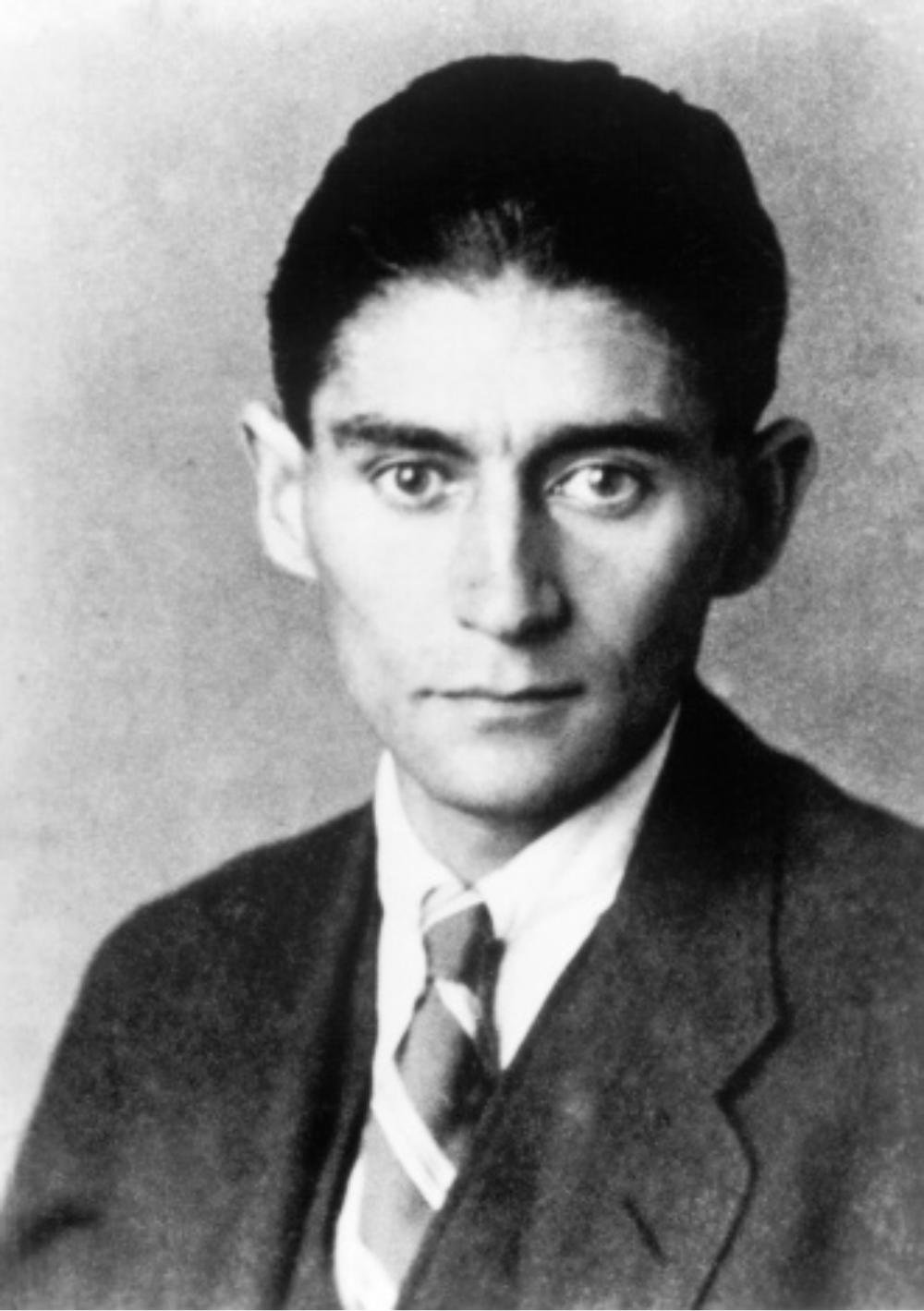
Even after all this, their talent does not cease to amaze us.




